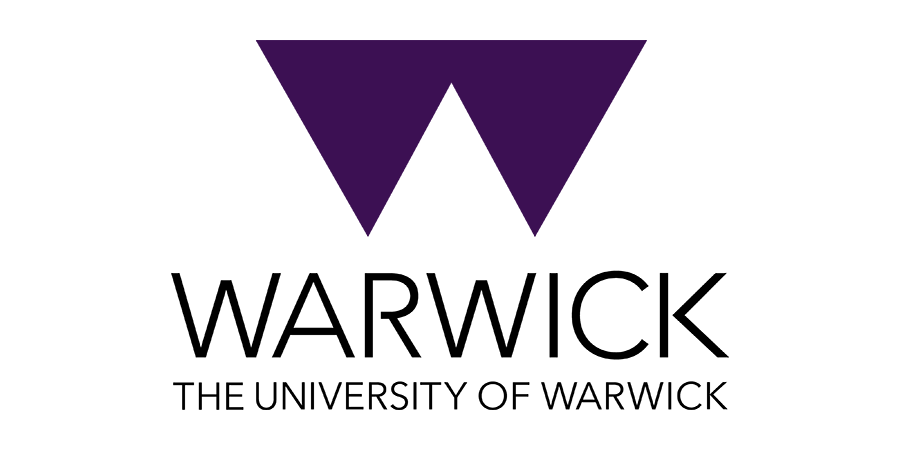PhD Studentship: Reconstructing Extreme Space Weather Events to Quantify Risks for Modern Society
University of Warwick - Centre for Doctoral Training in the Modelling of Heterogeneous Materials (HetSys), Department of Engineering
| Qualification Type: | PhD |
|---|---|
| Location: | Coventry, University of Warwick |
| Funding for: | UK Students, EU Students, International Students |
| Funding amount: | Fully funded |
| Hours: | Full Time |
| Placed On: | 10th December 2024 |
|---|---|
| Closes: | 20th January 2025 |
| Reference: | HP2025/021 |
Supervisors: Dr Ravindra Desai, Physics, Dr Tobias Grafke, Maths
Project Partner: EDF Energy
Space weather is driven by eruptions of plasma from the Sun’s surface called coronal mass ejections. Upon arrival at Earth, these not only extend the northern and southern lights to low latitudes but can knock out satellites, communications and entire power grids. Extreme events with low return periods are especially important for power plants where 1 in 10,000 year risk levels are required to be mitigated for. Through collaboration with EDF Energy’s Natural Hazards R&D Team, this project will utilise state-of-the-art space weather simulations to probe past, present and future events to constrain extreme value distributions spanning hundreds to thousands of years.
Extreme events in 1989 and 2003 knocked out power to the whole of Quebec, and caused electrical anomalies in over 50% of satellites in orbit, respectively. Severe space weather was included on the UK National Risk Register in 2012, the impacts of which were upgraded to severe in 2023. The current availability of data (≈ 7 decades) in the space age, however, makes the risk assessments for events with longer return periods incredibly difficult.
Historical events stretching back to the early 1800s have been captured using ground magnetometers and radio antennas, with solar flare and auroral records extending back even further. In this project, we propose to use the most extreme of these events as constraints for state-of-the-art Sun-to-Earth simulations to reproduce the key signatures observed and compare to current events such as the severe geomagnetic storm of May 2024, where auroras were visible across the UK and down to the Canary Islands. The simulations will be combined with extreme value analysis and large deviation theory to assess how the complex flows of energy through the solar-terrestrial system, and sub-systems, scale with increasing events of increasing severity and decreasing return periods.
This project brings together expertise from the Warwick Centre for Fusion, Space and Astrophysics and Warwick Mathematics Institute. The taught HetSys programme (multiscale simulations, computational plasma physics, research software engineering, machine learning), and Imperial-Oxford-Warwick Centre for Postgraduate Training in Plasma Physics, will provide the perfect foundation for tackling this ambitious research project.
About HetSys
The EPSRC Centre for Doctoral Training in Modelling of Heterogeneous Systems (HetSys), based at the University of Warwick, is an exceptional environment for students from physical sciences, life sciences, mathematics, statistics, and engineering. HetSys specializes in applying advanced mathematical methods to tackle complex, real-world problems across a variety of research areas.
Our research themes span exciting topics such as nanoscale devices, innovative catalysts, superalloys, smart fluids, space plasmas, and more. HetSys provides:
- A vibrant, interdisciplinary student community.
- Flexible, tailored training opportunities.
- A collaborative environment that fosters creativity and growth.
Interested?
Join HetSys and help shape the future of sustainable technology through groundbreaking research. Visit: https://warwick.ac.uk/fac/sci/hetsys/themes/projects2025.
Funding Details
Additional Funding Information
Awards for both UK residents and international applicants pay a stipend to cover maintenance as well as paying the university fees and a research training support. The stipend is at the standard UKRI rate.
For more details visit: https://warwick.ac.uk/fac/sci/hetsys/apply/funding/
Advert information
Type / Role:
Subject Area(s):
Location(s):









